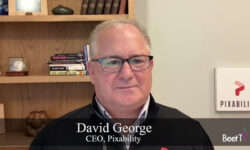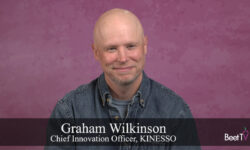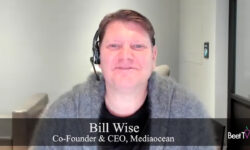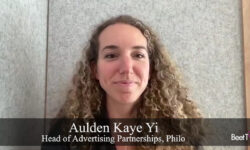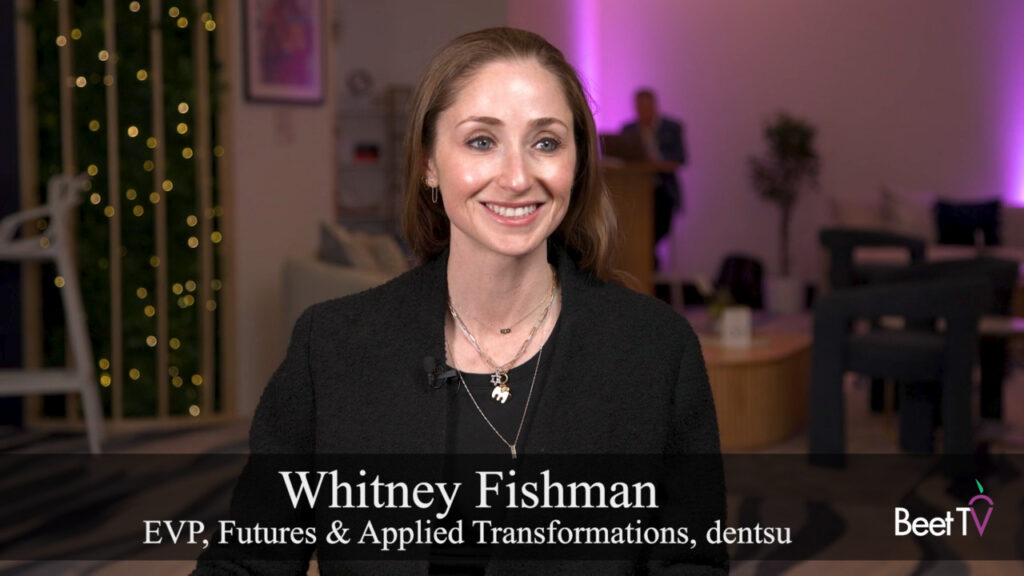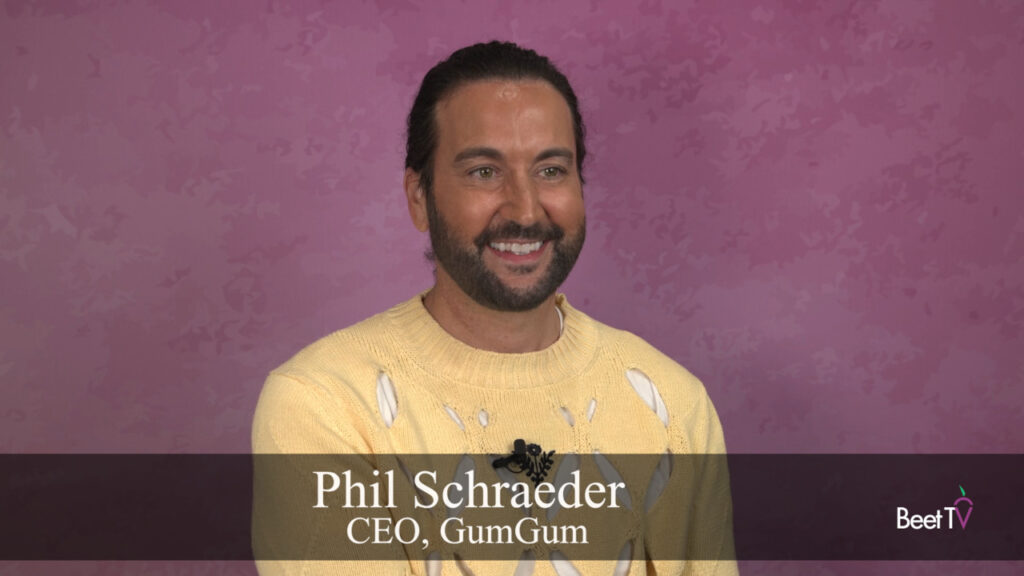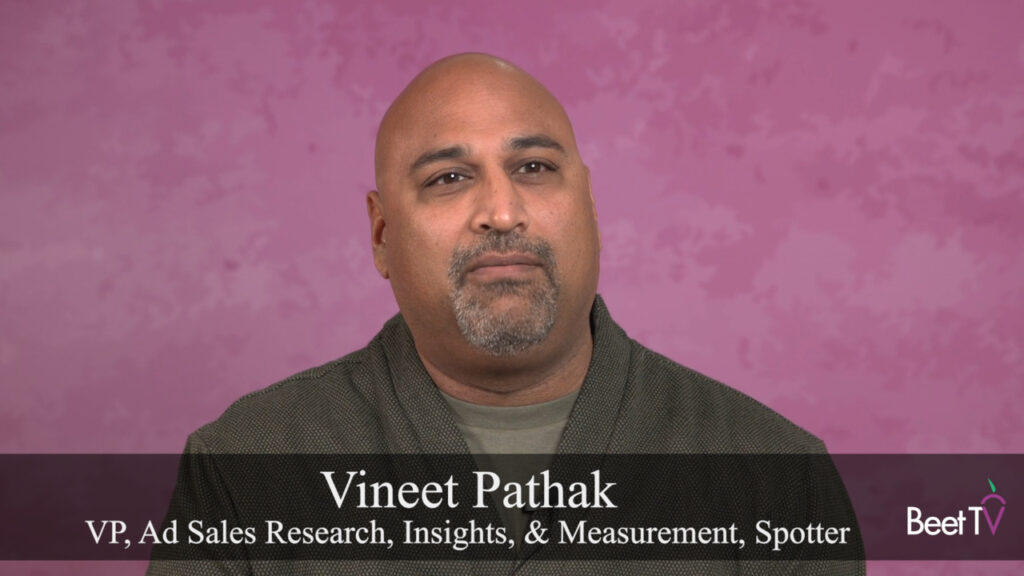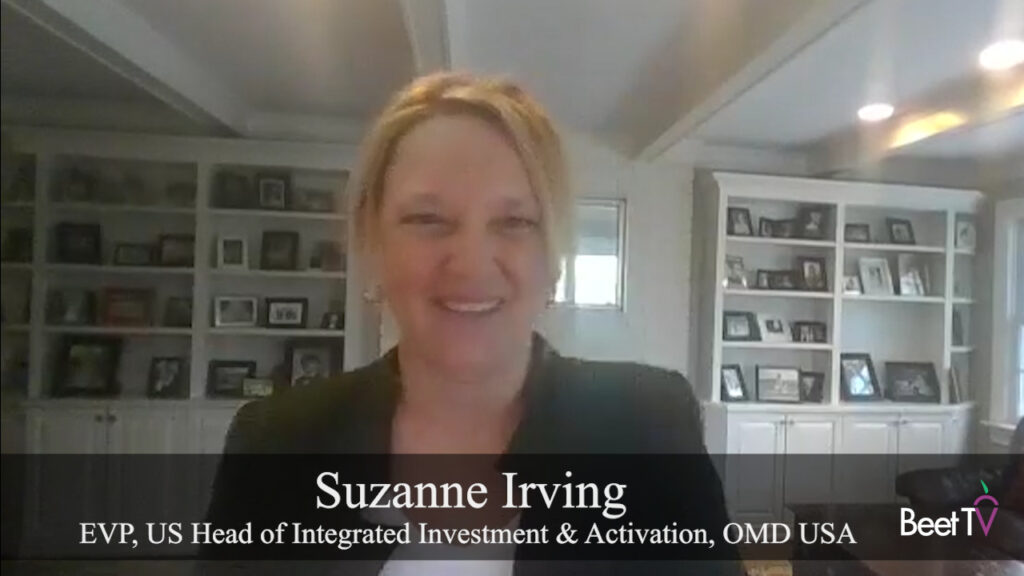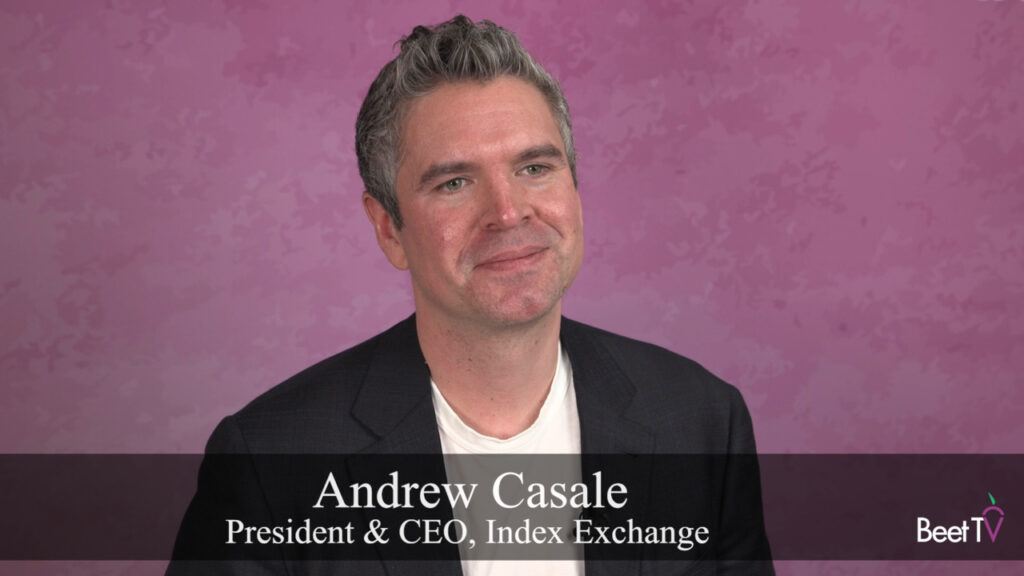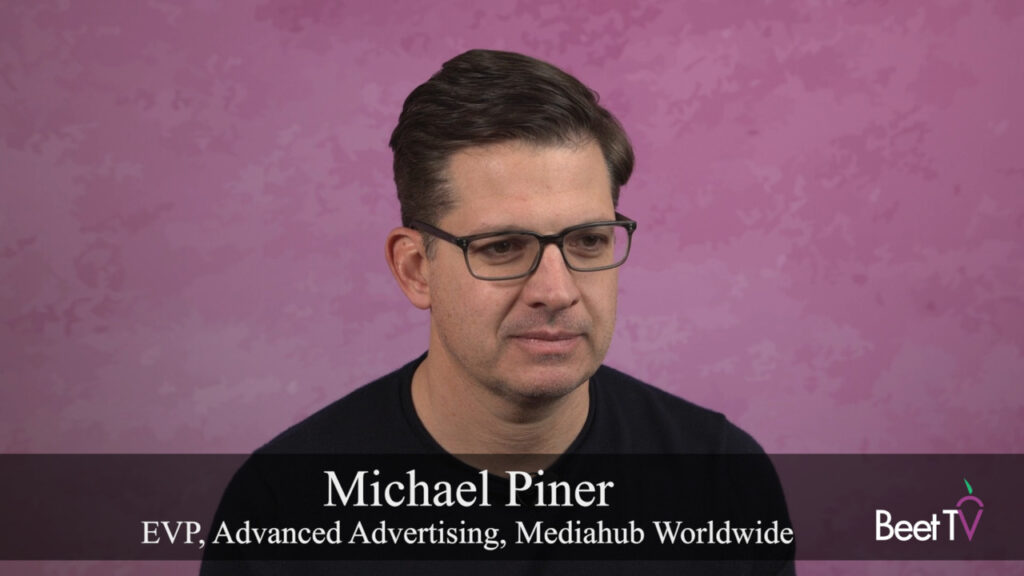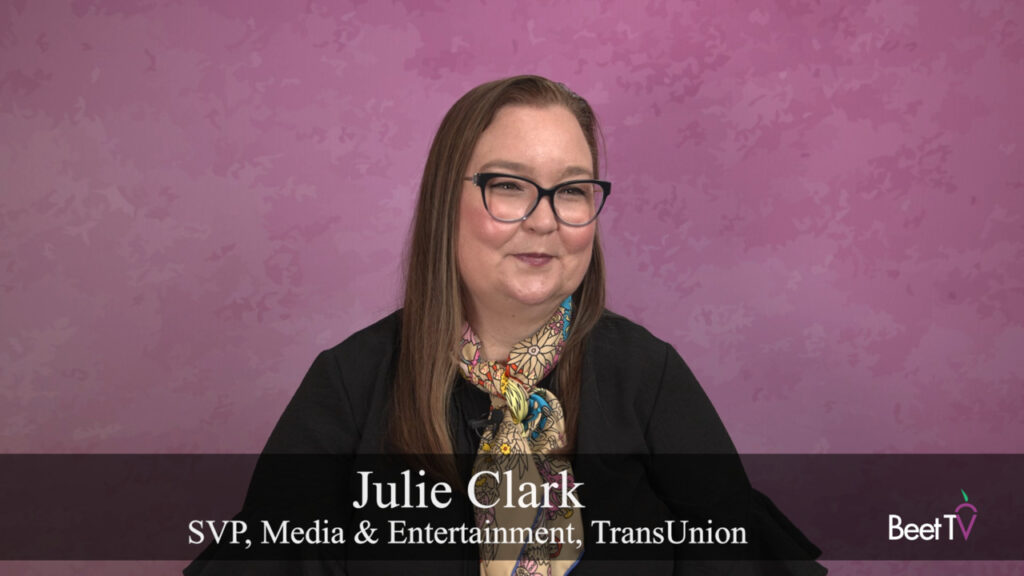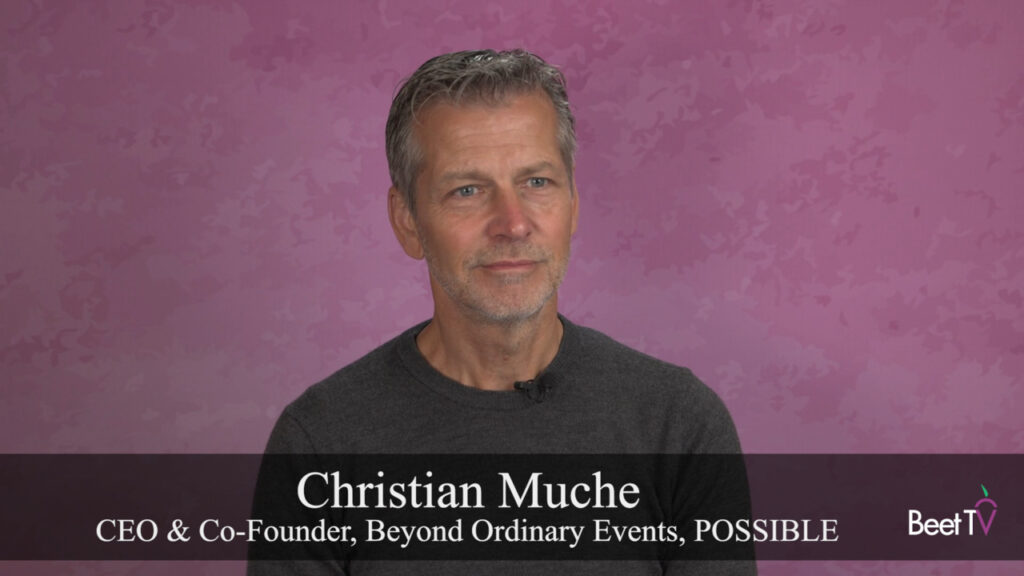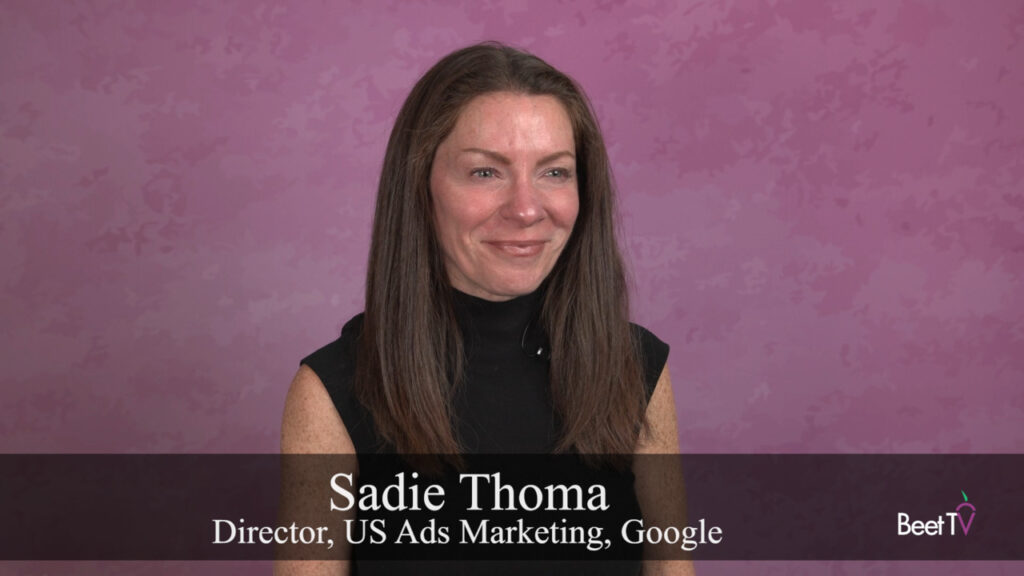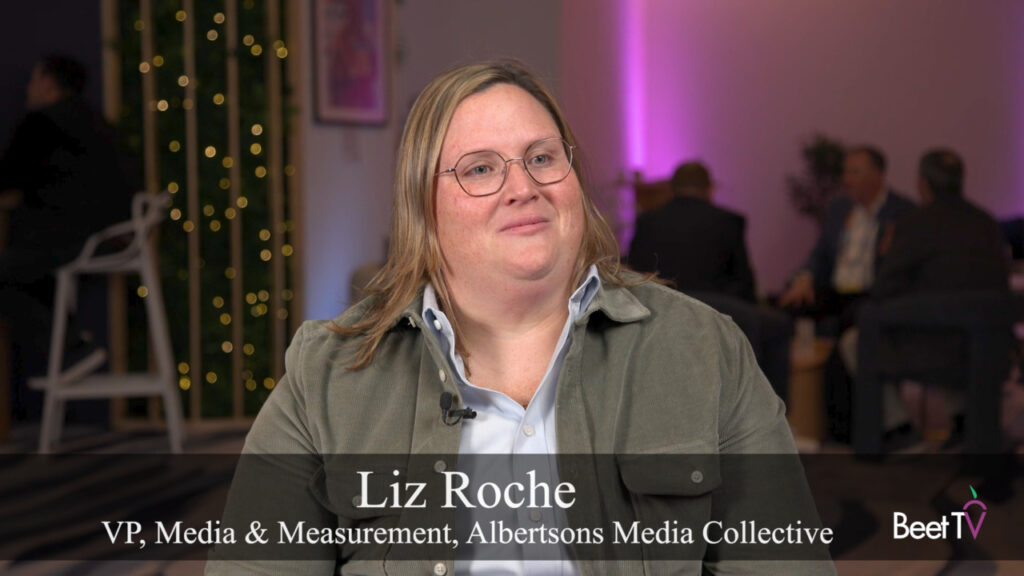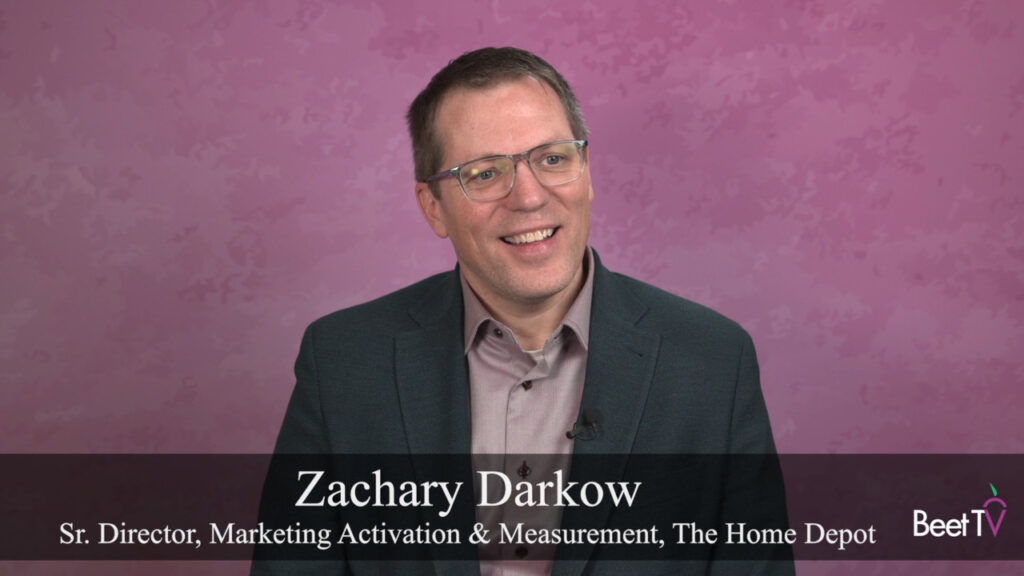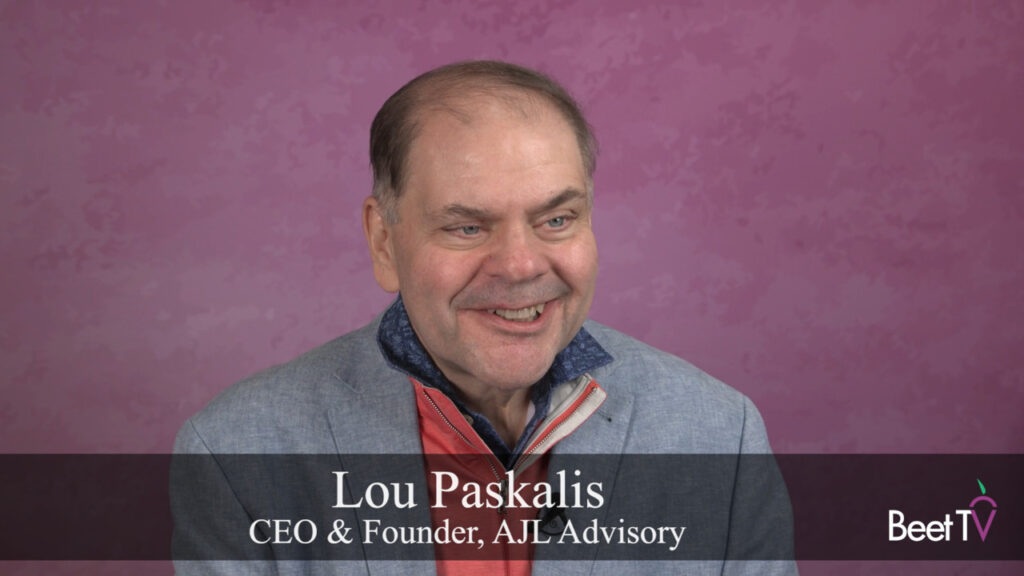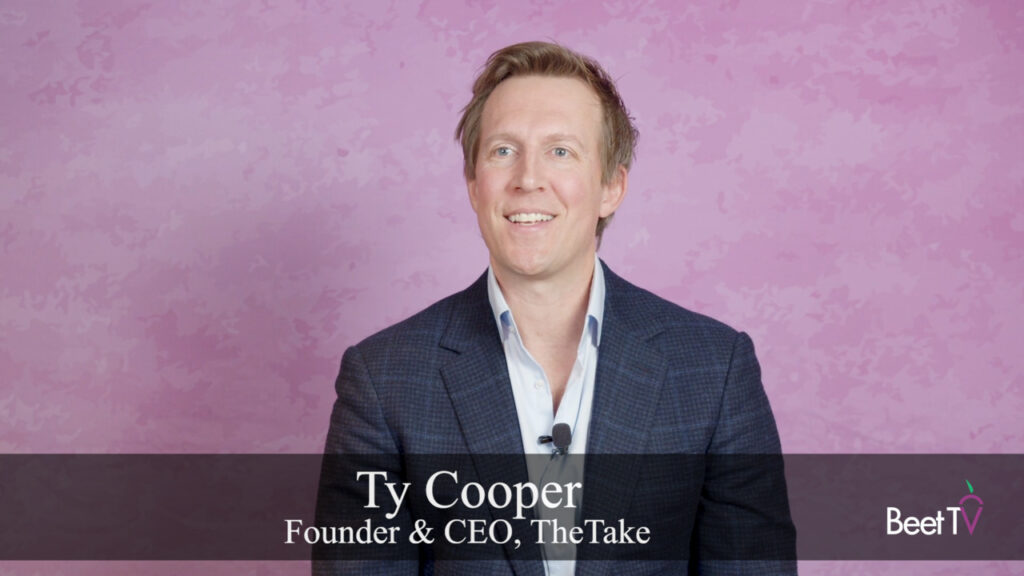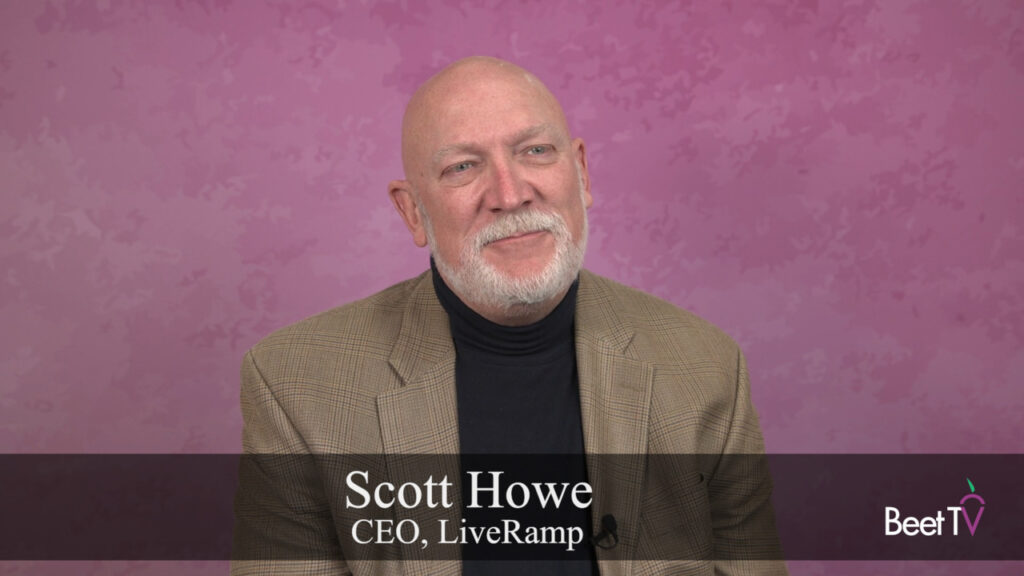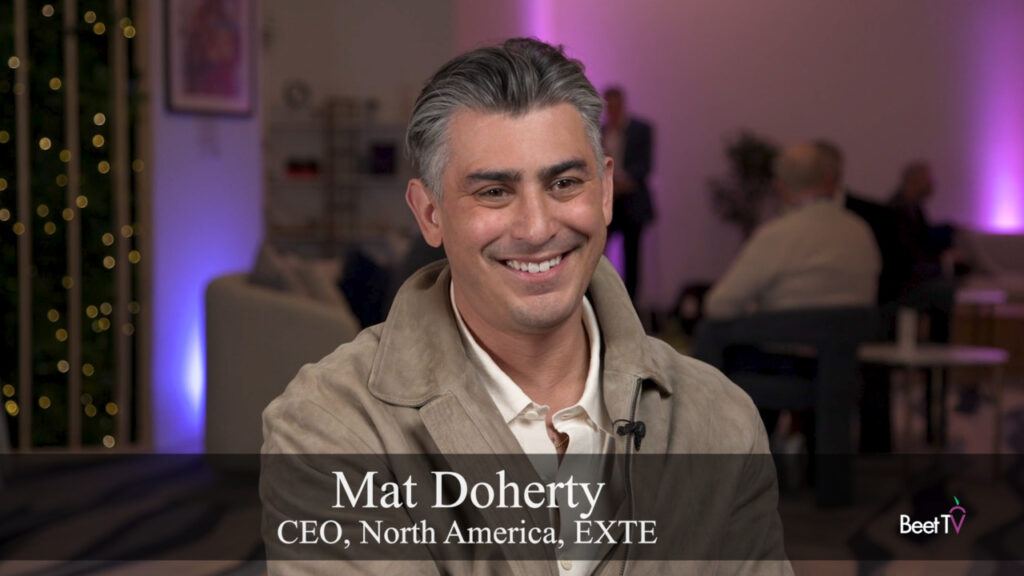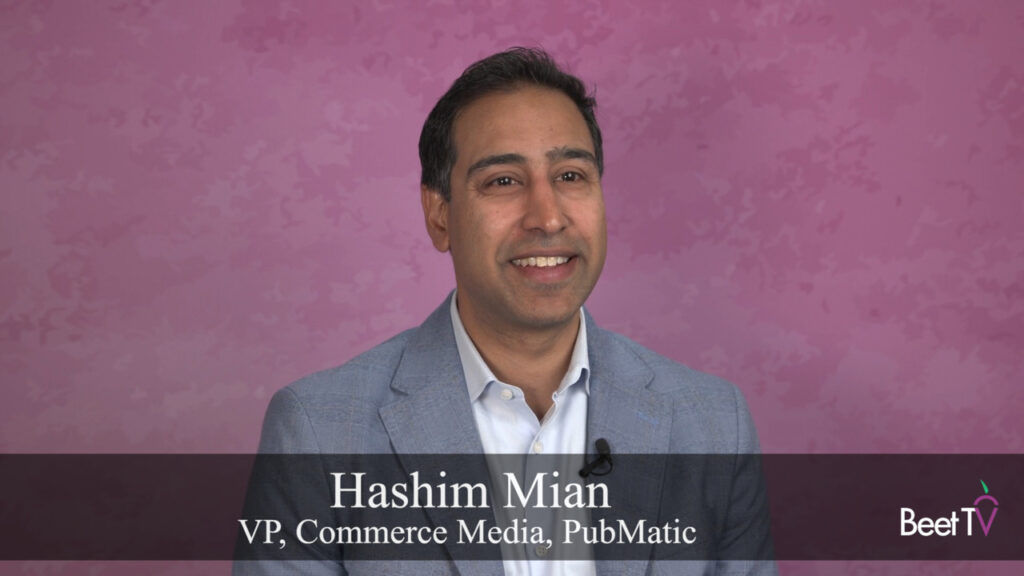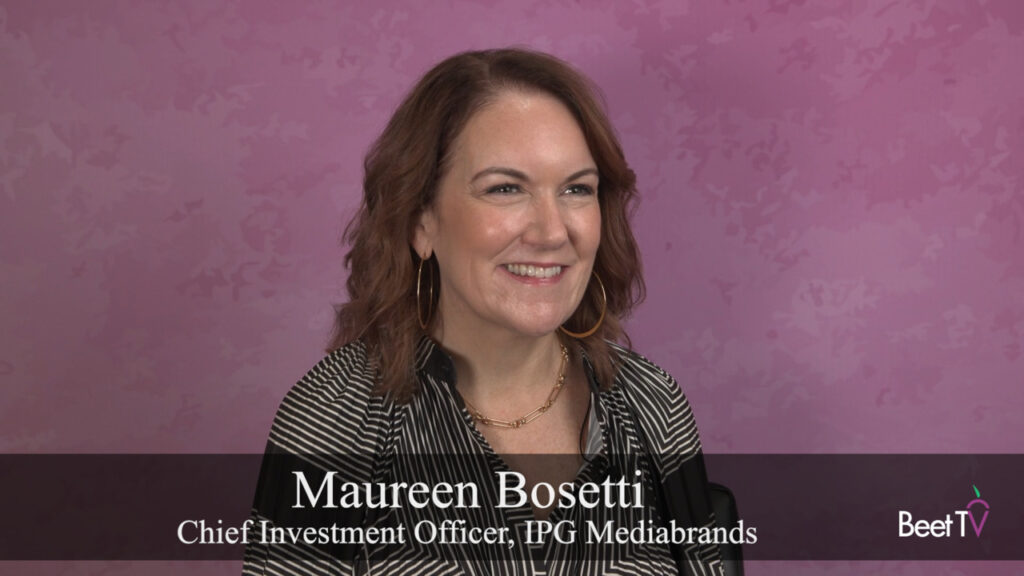Smart-TV manufacturer Vizio is teaming up with nine major media and technology companies to create an addressable advertising standard for the industry. Along with Vizio and its data unit Inscape, the consortium’s members are AMC Networks, CBS, Discovery, FreeWheel, Hearst Television, NBCUniversal, The Walt Disney Co. and Xandr, as Reuters reports.
Called Project OAR (Open Addressable Ready), the participants will define technical standards for targeting specific households and Vizio will build the technology.
In announcing the consortium, Vizio said that TV manufacturers use different technology and standards to enable addressable advertising. “It creates a level of complication for (TV networks), and scale is critical,” Reuters quotes Inscape SVP Jodie McAfee as saying.
While Vizio will create the new technology, it will be an open “industry standard” that competing TV makers can integrate into their products.
Last December, Beet.TV interviewed McAfee at Beet Retreat 2018 about Inscape’s experience in dealing with the Federal Trade Commission on issues involving consumer privacy and viewing data collection. In light of the news regarding Project OAR, Beet.TV is republishing that interview.
Being a pioneer has always carried risks and rewards. Smart-TV manufacturer VIZIO’s Inscape data unit found this out when the Federal Trade Commission a couple of years ago first started looking into what happens to viewer data collected with automatic content recognition, says Inscape SVP of Sales & Marketing Jodie McAfee. Interacting with the FTC “was a little bit of a bad news, good news situation for us,” McAfee says in this interview at the recent Beet Retreat 2018, where one panel discussion was devoted to data and privacy.
“The bad news was we were the first smart TV manufacturer to actually have such a discussion with the FTC. The FTC had never really taken a look at smart TV data collection and privacy regimes around it.”
The good news was “the fact that it put us in a position to actually sit down with the FTC and say, ‘okay, what do you want to see? What do you think a privacy regime should look like on a smart TV? So it became more of a collaboration as opposed to the FTC simply throwing down some ground rules and walking away.”
Nonetheless, the FTC fined Inscape for inappropriately collecting viewing data from 11 million TV sets.
“That back and forth generated really almost what our industry views as the VIZIO standard for smart TV data collection,” McAfee says. “And it also prepared us in advance for a little bit of what’s going on with GDPR because there were certain things around what the notification needs to look like, how it needs to read, that are now part of GDPR that we had already done coming out of that FTC negotiation.”
The FTC believed that many people are so intent on getting through the initial setup of a smart TV, they just scrolled through the terms of service so they could start watching something quickly, according to McAfee. “So they said what we’d like to see is a data collection notification that is separate and prominent from the rest of the terms of service.”
Thus was born VIZIO’s “completely separate screen” during the setup process titled “TV viewing data. And it walks through here’s how we do it, here’s what we’re doing, here’s who we give it to and here’s what they do with it.”
People can either agree or decline, meaning data collection is off by default. “So it is a true opt-in regime. We pushed that new regime to our entire footprint of TV’s in February of 2017 so we’ve been fully FTC compliant ever since,” says McAfee.
Changing its policy and communicating the new one to existing owners via a firmware update cost the company 2 million TV’s from its overall footprint because older ones “didn’t have enough processing power to actually support the user journey when we decided to make the opt out process easier.”
Have all other TV manufacturers taken note and now follow the FTC mandate? Not from what Inscape sees when the company checks them out, according to McAfee, most likely because they’re not in the data business like Inscape.
“The process for pushing a firmware update to a TV, it’s a pretty meaningful exercise. So I’m sure other manufacturers just did the math. Is it worth it or not. And I think some of them went, ‘not really.’”
This video was produced in San Juan, Puerto Rico at the Beet.TV executive retreat. Please find more videos from the series on this page. The Beet Retreat was presented by NCC along with Amobee, Dish Media, Oath and Google.













